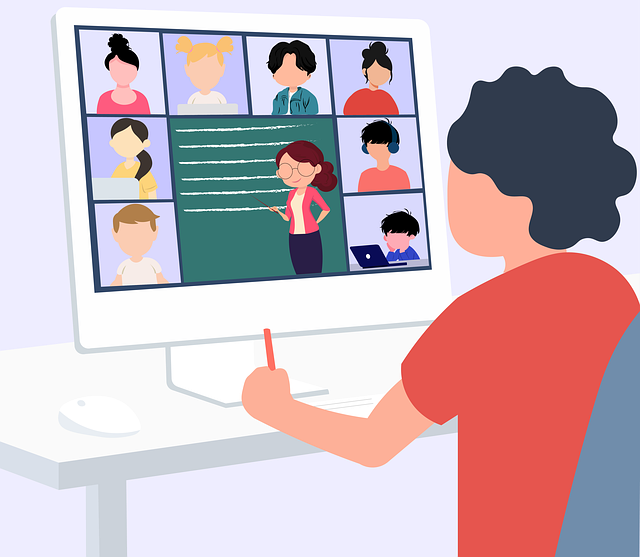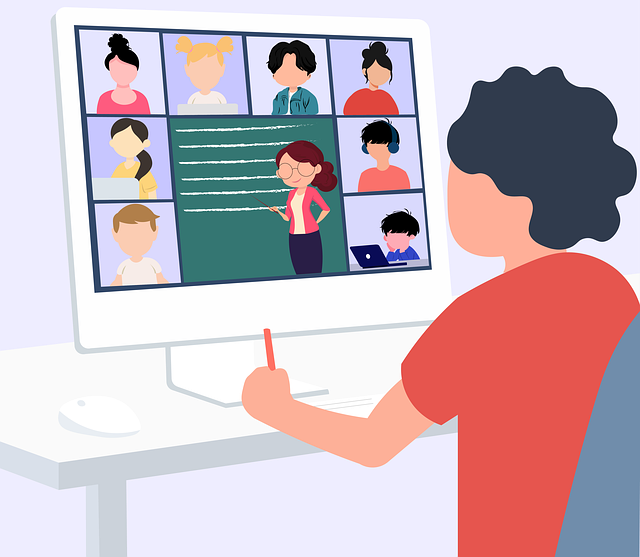Future Proofing Education
 Schooladvisor Team
Schooladvisor Team
The year has proven to be full of ups and downs in all aspects of life, with the education sector providing no exceptions. With concerns such as schools getting sufficient funding as well as graduate unemployability that are estimated to lead well into 2021, the education sector has certainly faced a lot of new challenges and will need to adapt.
Thanks to the incessant consequences of the pandemic, the education sector has been undergoing more changes than ever, primarily the shift from classroom learning to online learning. However, this change alone does not warrant for a successful approach, nor does it guarantee a more efficient and viable future for students. It only seems right that educational institutions step up their game and attempt to future proof their approach in teaching.
Bringing about change
Time and time again, the understanding of what accounts for good education has been placed solely upon examination results. Everything from higher education opportunities to viable career prospects have been determined by having exceptional examination results. While attaining good grades speak highly about a person’s character and intelligence, it is perhaps time for the wider population to accept that examination results are not the only determinant of a person’s capability
The broad shift from traditional to online learning may have been a forced move but there are positives to be drawn. This change has allowed content and new creative delivery options to merge with one another. The future is bound to highlight a mix of intelligent front-of-class advances and handheld gadgets including tablets to be utilised in a synergistic and comprehensive instructive setting.
With online content, resource material can be anything from videos to audio files, and its digital footprint will remain for years to come. By merging conventional assets such as books and print material with online assets, learning materials can be ‘immortalised’ for repeated use in years to come. With the added assistance of computerised instruments such as digital readers and tablets, online and conventional assets can be utilised in order to show expression, sciences, and future-proof aptitudes like coding.
Planning for this change needs to start during a child's initial stages of life so that the child can better adapt to the needs of future occupations. In terms of classroom learning, the use of cloud computing has been steadily growing as one of the technologies preferred by tutors. This allows vital assets including written work, as well as audio and video assignments to be saved on a school’s cloud system. Some schools already use Google Docs as the standard platform in submitting homework.
The incorporation of AI is also used in some schools to automate key activities such as grading of subjects and providing feedback on areas that need improvement. It is often used to enhance personalised learning among students, especially those with special needs. With evolving technologies, AI tutors have now been developed to teach multiple subjects and skills such as mathematics, writing and even music.
Anticipating instead of adapting
In short, students must display adaptability, strength, have the capacity to flourish in a multicultural, multilingual setting, and consider themselves to be worldwide residents since the beginning. To achieve this, schools must acknowledge that they cannot keep working exclusively with the help of technology alone. Teachers must tailor their teaching styles with the requirements of every student, as well as managing students to create psychological capacities that will make them fit for what is to come.
Schools need to be open to utilising multiple mediums of learning that are not limited to the classroom. The general scene of the education sector post-pandemic has to be thoroughly considered and it will be foolish to neglect the role played by suitable infrastructure.
It is vital for schools to continue equipping children with practical training in life skills and gradually prepare them for working life. The constant opportunity to experience work and the application of theoretical knowledge will help boost students’ confidence levels and provide them with ample capabilities to survive the real world. Activities such as involving students in public welfare initiatives, community projects and volunteering at social events can all be actively encouraged to provide students with deeper insight on handling a project.
Collaboration with other schools both locally and internationally should also be an option to be considered as it opens up the possibility of the exchange in teaching ideas and insight to a education challenges that are unique to specific regions and communities. In the long run, such endeavours equate to schools being better prepared in countering a wide range of scenarios.
Recent Articles
- What Should You Be Looking for in a Preschool?
- HELP Education Group Unveils New Sports Oval in Subang 2 Campus
- Exploring the Homeschooling Path: What Parents Need to Know Before Taking the Leap
- More Parents Are Now Opting for International Schools in Malaysia
- AISM Students Who Dream Big and Build Bigger

